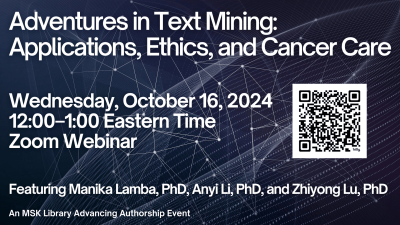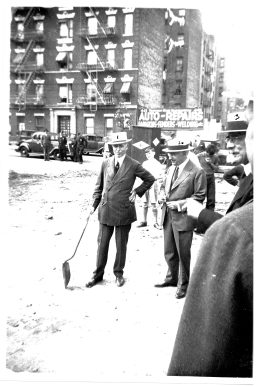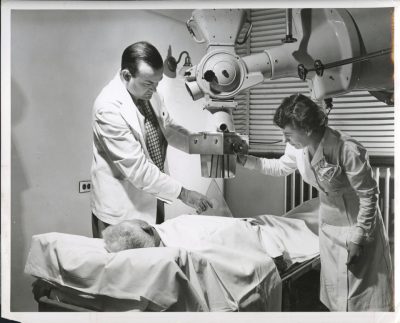 Join us for our webinar “Adventures in Text Mining: Applications, Ethics, and Cancer Care” on October 16 from 12:00 PM-1:00 PM Eastern Time.
Join us for our webinar “Adventures in Text Mining: Applications, Ethics, and Cancer Care” on October 16 from 12:00 PM-1:00 PM Eastern Time.
What is Text Mining?
Text mining helps researchers sift through mountains of documents, clinical notes, and research papers to find important patterns and information quickly. Dr. Manika Lamba (Assistant Professor, School of Library and Information Studies, University of Oklahoma) will introduce the topic through the lens of her work in digital libraries and information organization.
Applications in Cancer Care
Dr. Anyi Li (Chief, Associate Attendings, Department of Medical Physics, Memorial Sloan Kettering) will explain how applying text mining technologies to clinical notes at MSK has automated radiation therapy processes, saving clinician time and allowing for risk event analysis and mitigation. He will address the ethical aspects of text mining in healthcare, including patient privacy and responsible data use.
Applications in the Published Literature
Text mining can allow researchers to analyze the vast volume of scientific literature. Dr. Zhiyong Lu (Senior Investigator, NIH/NLM, Deputy Director for Literature Search, NCBI) will showcase his work mining the literature in PubMed, which led to tools including the Best Match algorithm and LitCovid.
Register now. All registrants will receive a link to the event recording, whether or not they can attend synchronously.
About the speakers:
Dr. Manika Lamba is an Assistant Professor at the School of Library and Information Studies, University of Oklahoma. Previously, she served as a Postdoctoral Research Associate at the HathiTrust Research Center, University of Illinois. Her research broadly falls under computational social science and science of science. She primarily focuses on using computational methods, such as text mining and machine learning, to provide better solutions for information retrieval and organization of digital libraries.
Dr. Anyi Li, Associate Attending Physicist and Chief of Computer Service at the Department of Medical Physics at MSK, leads a talented team comprising mathematicians, physicists, engineers, and data scientists. Together, they collaborate with the Division of Clinical Physics and the Department of Radiation Oncology to harness artificial intelligence, operational research algorithms, and big data. Their objective is to optimize radiation therapy plans, enhance the efficiency of the radiation treatment process from start to finish, develop a data platform for clinical decision support, and improve patient safety by managing accumulated radiation doses. They utilize the latest language models to analyze clinical event timelines and construct workflow knowledge graphs, which improve the radiation therapy workflow and provide valuable insights to the clinical team. With a background as a theoretical nuclear physicist and research scientist tackling NP-hard (nondeterministic polynomial time) problems, Dr. Li transitioned into big data engineering and AI, bringing experience from positions at Yahoo and IBM Watson Health.
Dr. Zhiyong Lu is a tenured Senior Investigator at the NIH/NLM IPR, leading research in biomedical text and image processing, information retrieval, and AI/machine learning. In his role as Deputy Director for Literature Search at NCBI, Dr. Lu oversees the overall R&D efforts to improve literature search and information access in resources like PubMed and LitCovid, which are used by millions worldwide each day. Additionally, Dr. Lu is Adjunct Professor of Computer Science at the University of Illinois Urbana-Champaign (UIUC). With over 400 peer-reviewed publications, Dr. Lu is a highly cited author, and a Fellow of the American College of Medical Informatics (ACMI) and the International Academy of Health Sciences Informatics (IAHSI).


